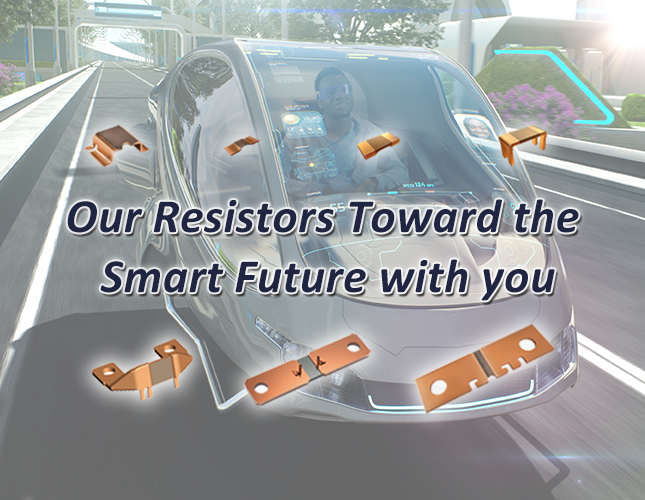
However, the control security of such LED lamps is gradually becoming a common problem for Internet of things devices. The quality of the system depends on its weakest link. These wireless systems are complex, and the engineer's focus is on designing products that combine effectively with the Bluetooth control chip, so it's easy to become stubborn, at the expense of other considerations to pursue effectiveness. But who will guarantee the security of the system? Security should not be seen as a function that can be achieved at the end of the development cycle, but rather throughout the process.
However, the good news is that with the advancement of smart home technology and WIFI technology, there are tools that can greatly improve the security of intelligent lighting systems. Everyone who serves the smart lighting market, from chip designers to consumer device manufacturers, needs to share responsibility. When designing LED smart luminaires, engineers can easily connect with smart homes through the WIFI security protocol and the LED hardware parts produced by resistors.
It can be said that the development of the LED intelligent lighting market is software system security, and the other is a hardware system composed of resistors. The two systems are combined with each other to realize remote control of LED intelligent lamps and adjust LED brightness through current networking technology and resistor technology. In the development of smart home technology, more technologies will be integrated into this system, such as: smart meters in smart homes, sampling precision shunt production can accurately feedback current detection in the meter, can make smart meters accurate transfer data to a smart home system.











